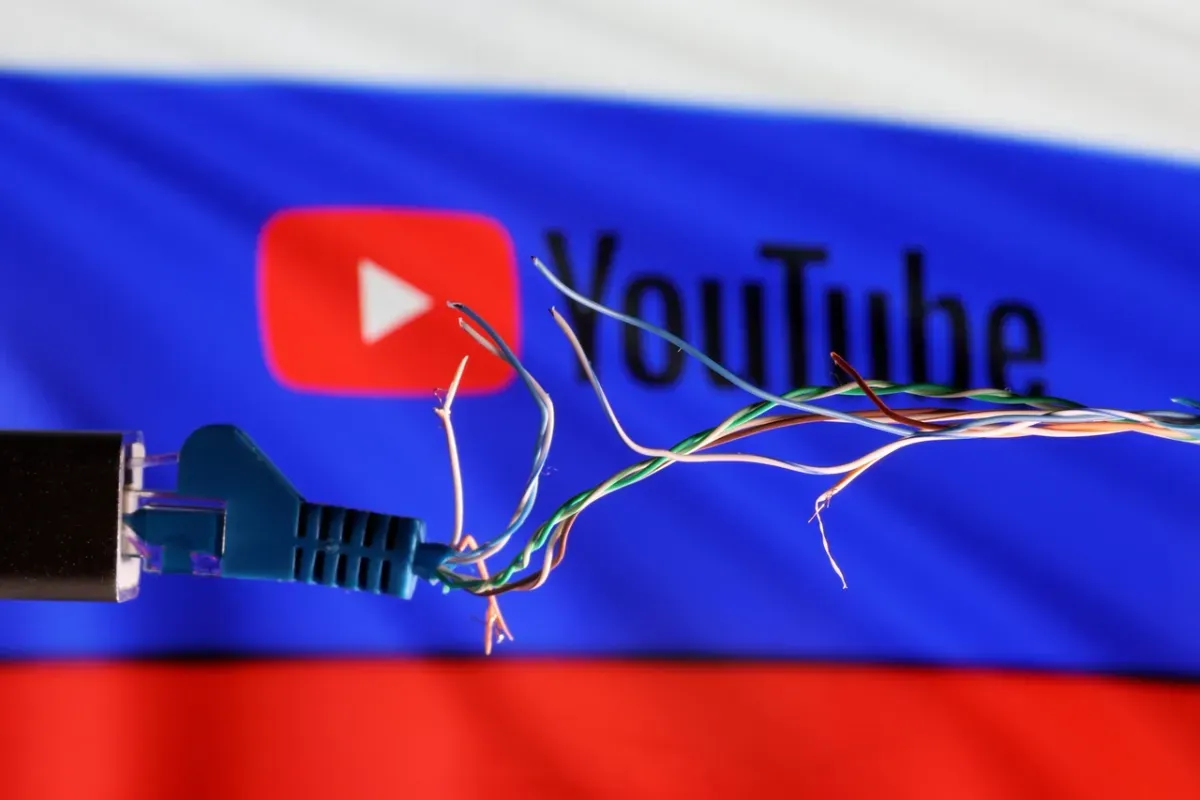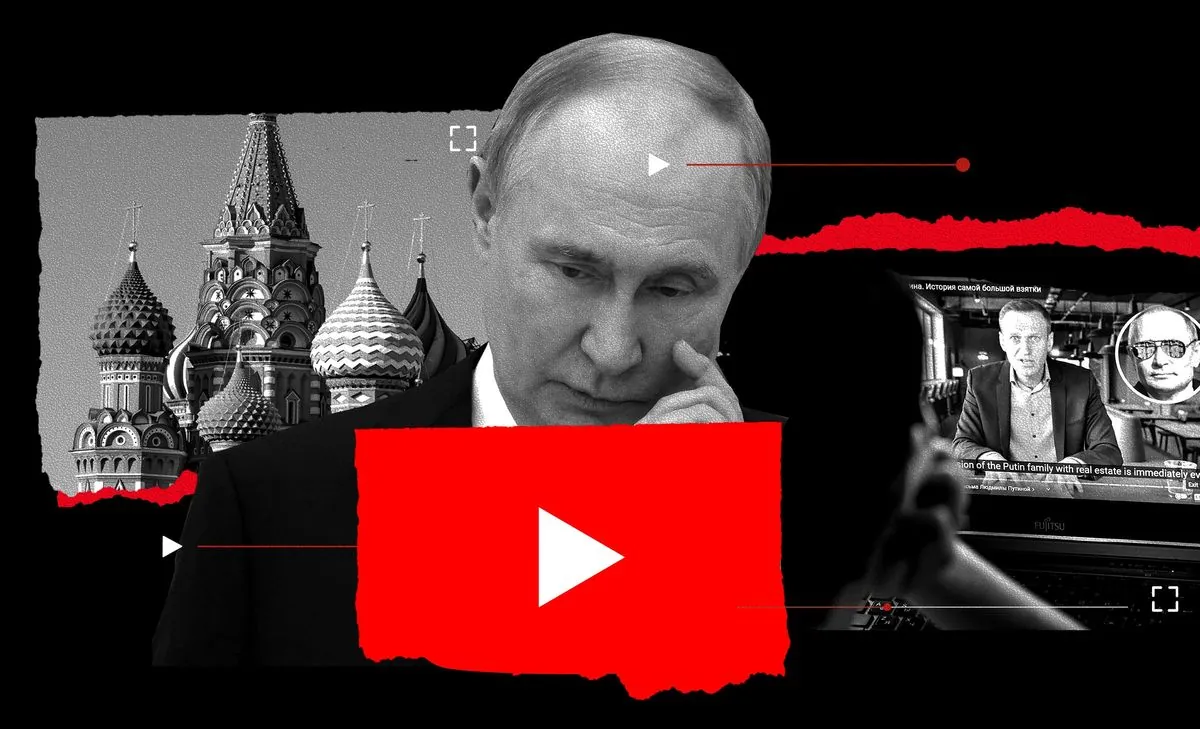Russia Throttles YouTube Access, Raising Concerns for Information Freedom
YouTube, the last major Western social platform freely available in Russia, faces restrictions. This move impacts millions of users and raises alarms about information control and internet freedom in the country.

In a significant development, Russian authorities have begun restricting access to YouTube, the last major Western social media platform freely available in the country. This action has raised concerns among internet freedom advocates, journalists, and opposition activists about the future of independent information in Russia.
YouTube, founded in 2005 and acquired by Google in 2006 for $1.65 billion, has been a crucial platform for Russians, with approximately 95 million users - about 80% of the population - accessing it monthly. The platform's popularity stems from its diverse content, ranging from entertainment to political commentary.

The restrictions began in early August 2023, with users reporting difficulties loading videos and a decrease in video quality. Dmitry Kolezev, a Russian journalist and YouTuber, noted a 30% drop in Russian viewers on his channel during this period. The impact has been even more pronounced for entertainment-focused channels.
"I would like to emphasize once again: everything that is happening is a consequence of the anti-Russian policy of the hosting service, which consistently removes the channels of our public figures (bloggers, journalists, artists), whose position differs from the Western point of view."
This move is part of a broader trend in Russia to limit access to foreign-based social media and promote locally developed alternatives like RuTube. The Russian government has been pushing for a "sovereign internet," aiming to make the country's internet infrastructure independent from the global web.
The restrictions on YouTube come amid an ongoing dispute between Russian authorities and Google. The tech giant has banned over 3,000 Russian channels linked to pro-invasion propagandists and state-controlled media since Russia's invasion of Ukraine. In response, Russian regulators have called for the restoration of pro-Kremlin channels.
Internet freedom experts warn that these restrictions could significantly impact independent voices and citizen journalists in Russia. The platform has been a crucial outlet for alternative viewpoints and investigative reporting, often challenging official narratives.
The situation highlights the ongoing struggle between tech-savvy opposition groups and government censorship efforts. While some users are turning to VPNs and other bypass tools, authorities are implementing more sophisticated control mechanisms.
As the restrictions continue, there are concerns that Russia may move towards a more tightly controlled internet model, similar to that seen in countries like Iran. This potential shift could have far-reaching implications for information access and digital freedom in Russia.


































